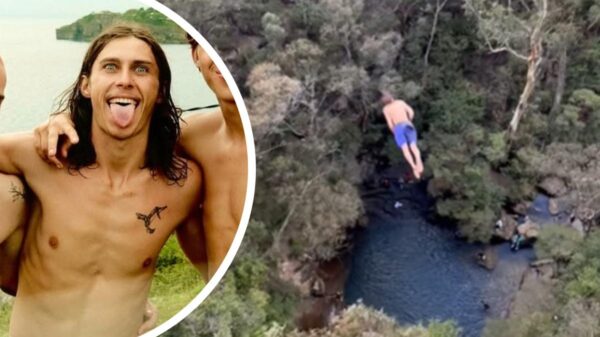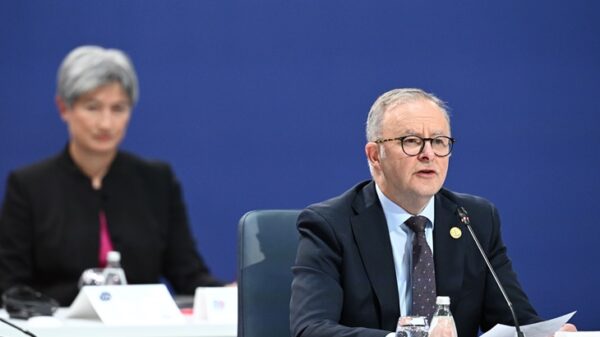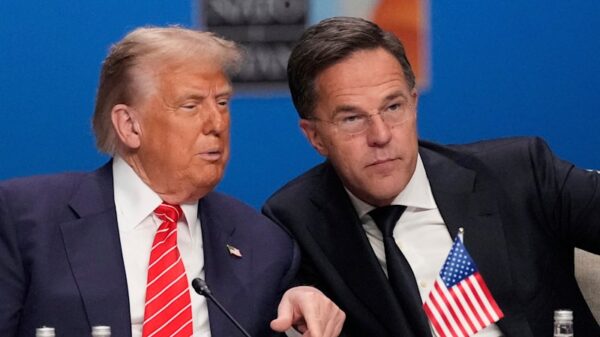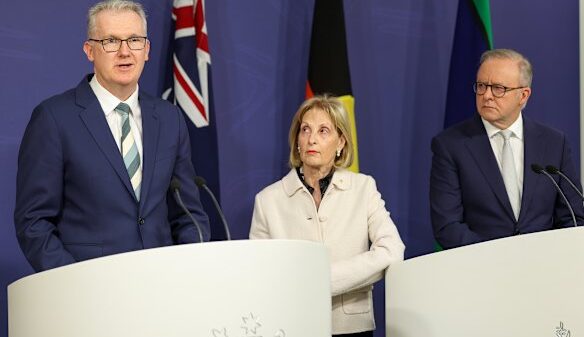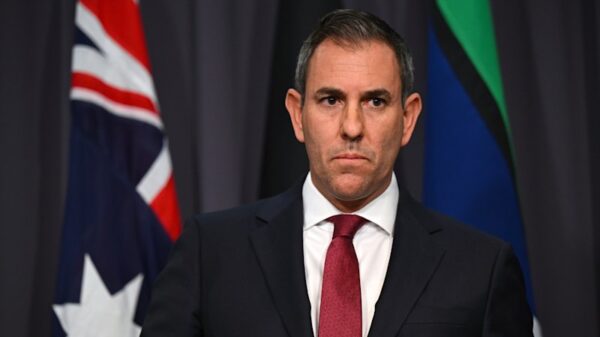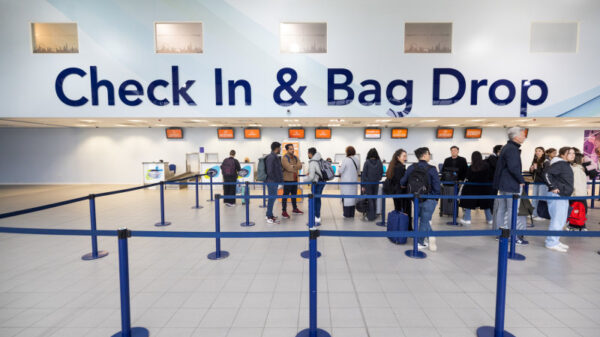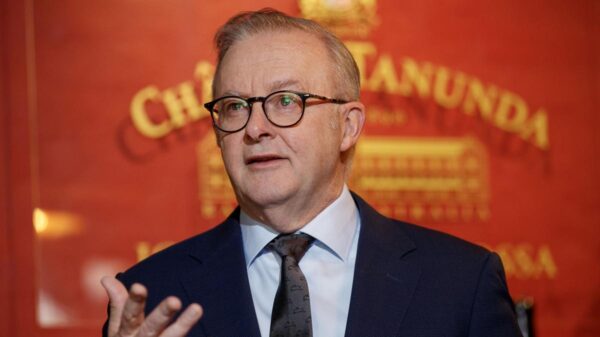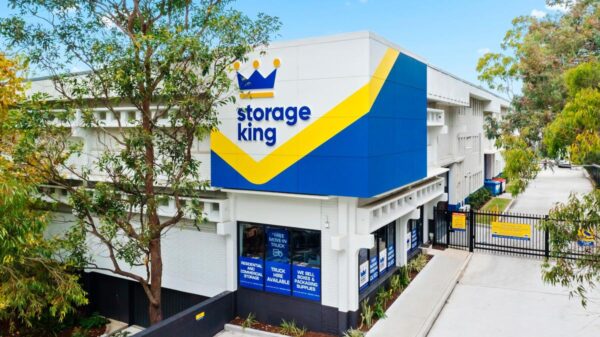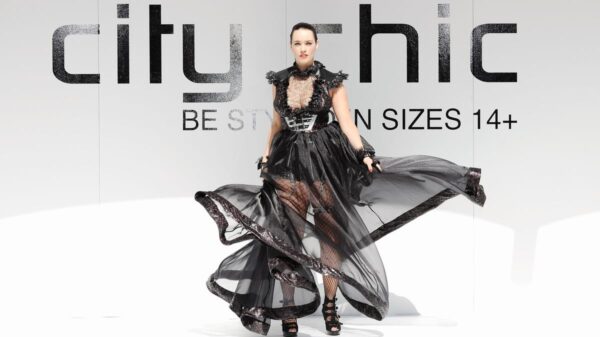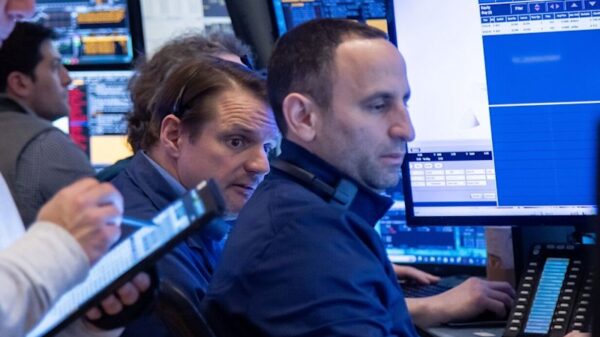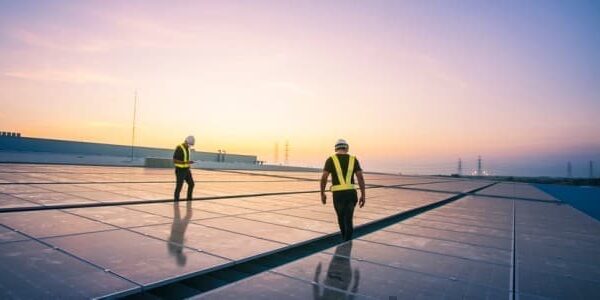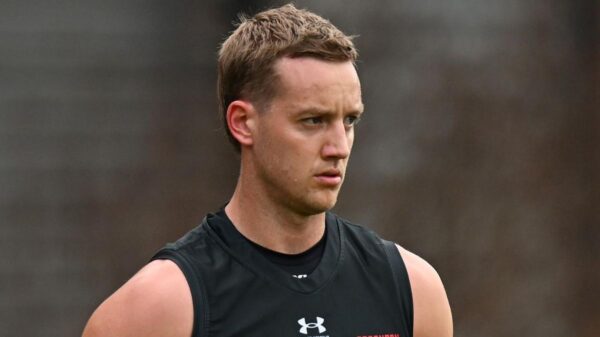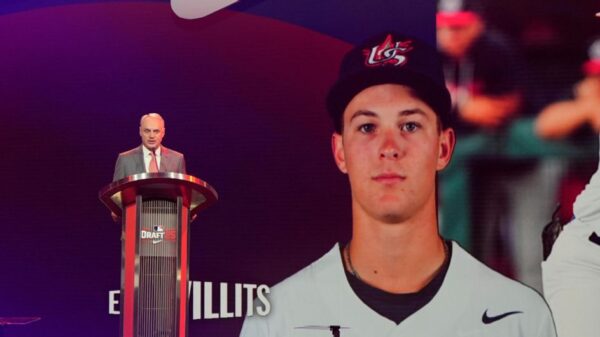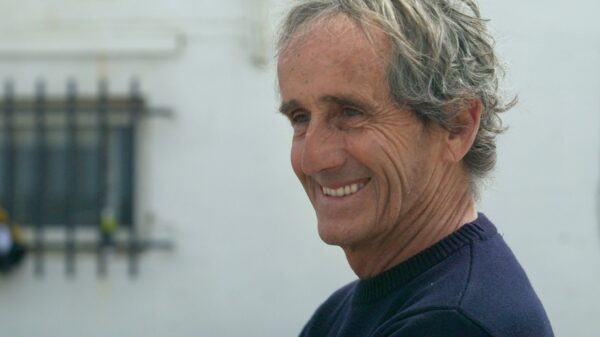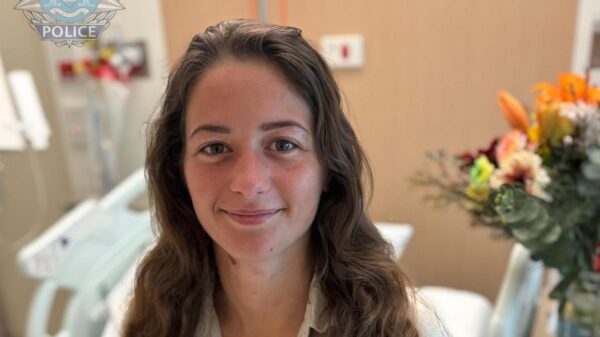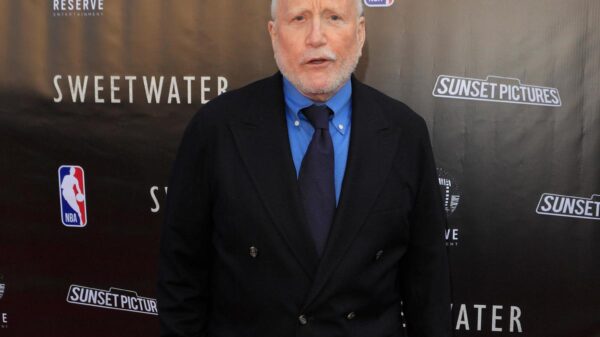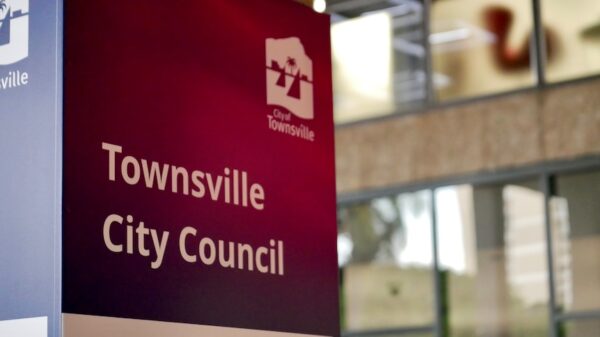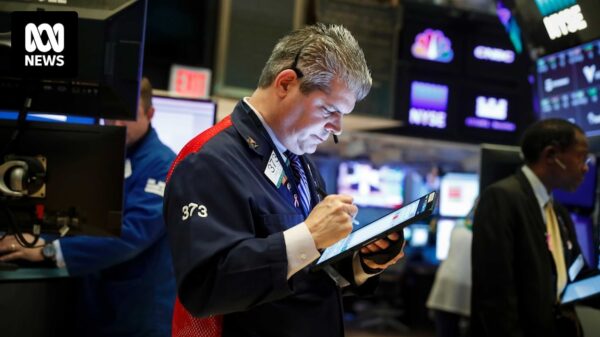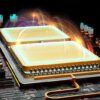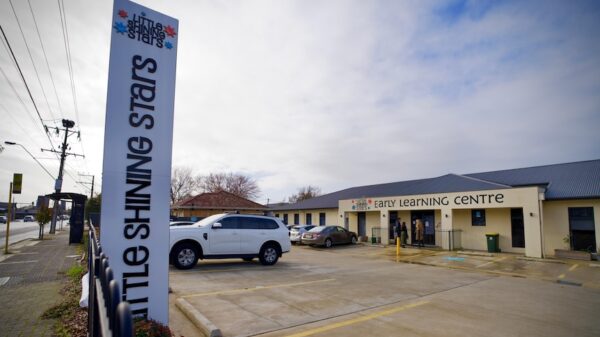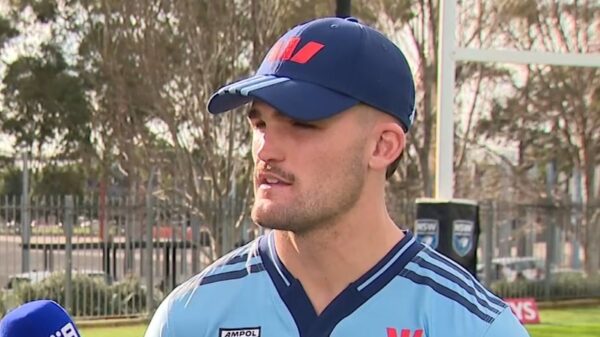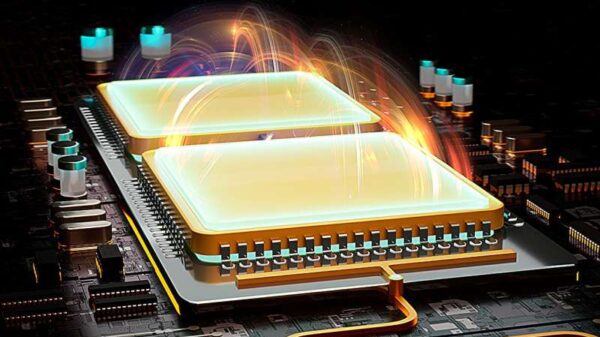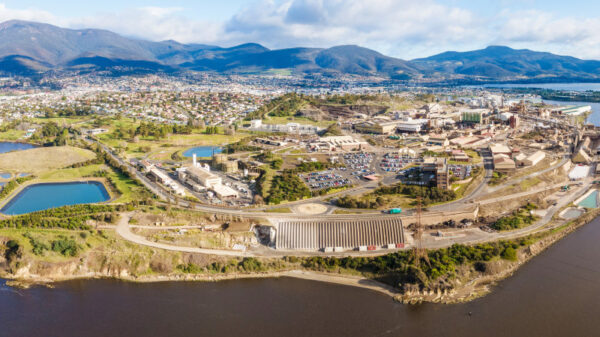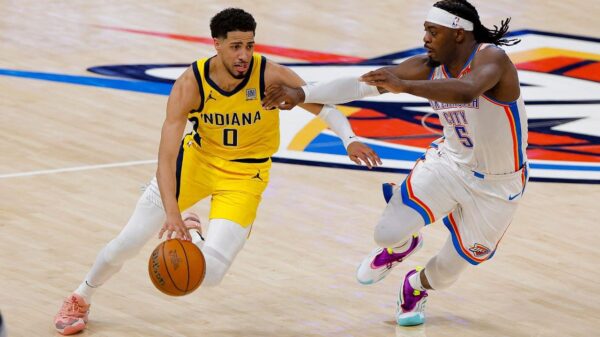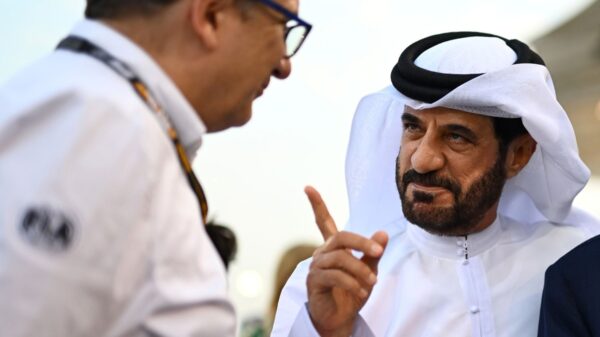OpenAI has successfully recruited a group of high-level engineers from Tesla, xAI, and X, significantly bolstering its technical team. The hiring announcement was confirmed on Tuesday through an internal message shared by co-founder Greg Brockman. This strategic move aims to enhance OpenAI’s capabilities as it continues to compete in the rapidly evolving artificial intelligence landscape.
Among the newly hired professionals is David Lau, who held the position of Vice President of Software Engineering at Tesla since 2017. Lau has extensive experience, having worked across various divisions within Tesla, focusing on firmware, platforms, and system integration. In a statement to Wired, Lau expressed enthusiasm for his new role, stating, “It has become incredibly clear to me that accelerating progress towards safe, well-aligned artificial general intelligence is the most rewarding mission I could imagine for the next chapter of my career.”
Joining Lau are Uday Ruddarraju and Mike Dalton, both of whom were instrumental in the development of the Colossus supercomputer at xAI. This powerful system consists of over 200,000 GPUs and plays a critical role in xAI’s operations. Ruddarraju highlighted the importance of infrastructure in AI research, mentioning the Stargate program as a significant project at OpenAI. “Infrastructure is where research meets reality, and OpenAI has already demonstrated this successfully,” he noted.
OpenAI’s recruitment efforts also included Angela Fan, an AI researcher previously affiliated with Meta. An OpenAI spokesperson, Hannah Wong, expressed excitement about the new team members, emphasizing the organization’s commitment to bringing together world-class infrastructure, research, and product teams to further its mission. “We’re excited to welcome these new members to our scaling team,” Wong stated.
The implications of these hires extend beyond mere personnel changes. Financial projections suggest that xAI may achieve profitability by 2027, according to sources cited by Bloomberg. This would mark a significant milestone for the company, particularly as OpenAI anticipates becoming cash flow positive by 2029.
The competitive landscape is further complicated by ongoing legal disputes. Elon Musk, who co-founded OpenAI and previously served on its board, is currently suing the organization over its transition to a for-profit model and its acceptance of substantial investments from Microsoft. In response, OpenAI has filed a counter lawsuit, alleging that Musk’s actions constitute interference and unfair competition.
As the AI sector continues to evolve, the impact of these high-profile hires will be closely monitored. OpenAI’s strategy to attract top talent from rival organizations underscores its ambition to lead the industry in developing advanced artificial intelligence technologies. The dynamics between OpenAI, xAI, and other competitors will likely shape the future of AI development and its integration into various sectors.

